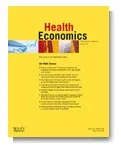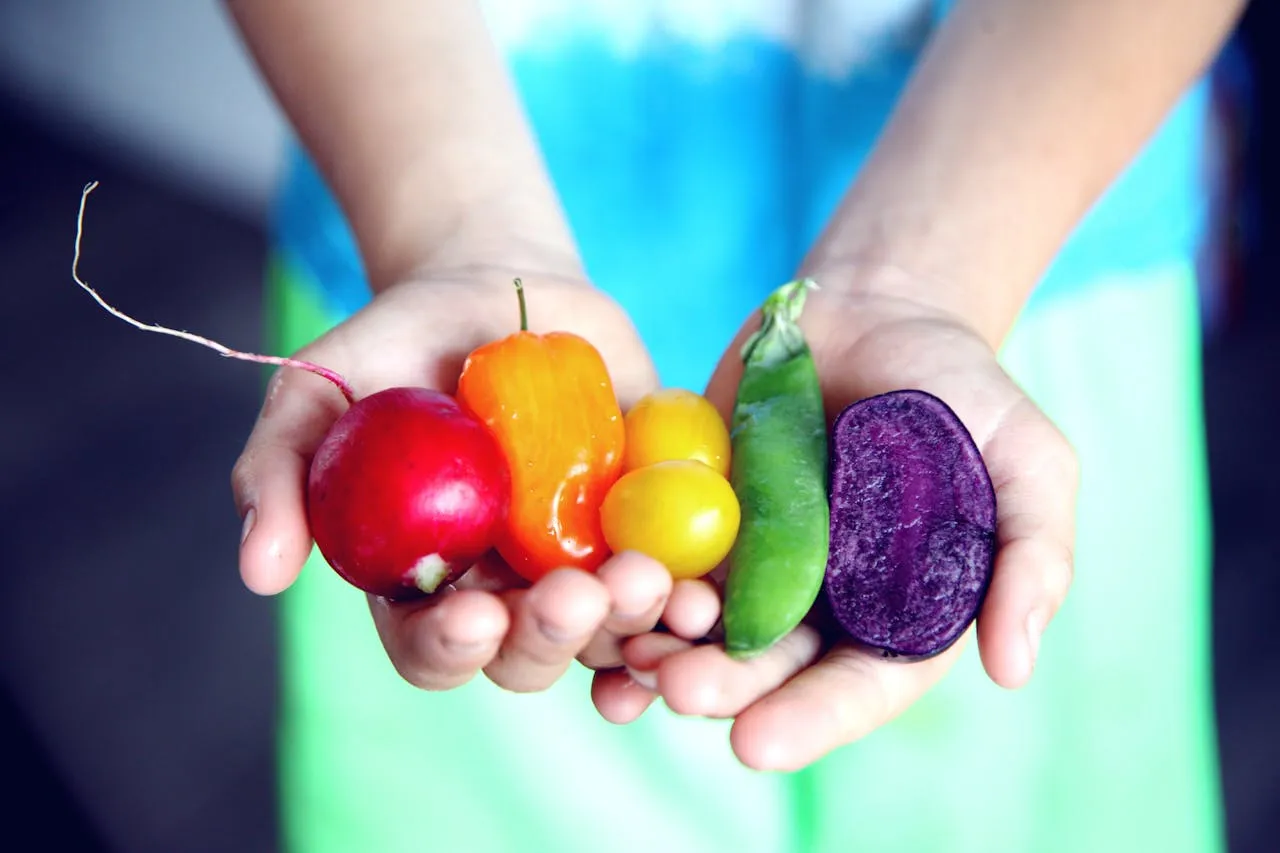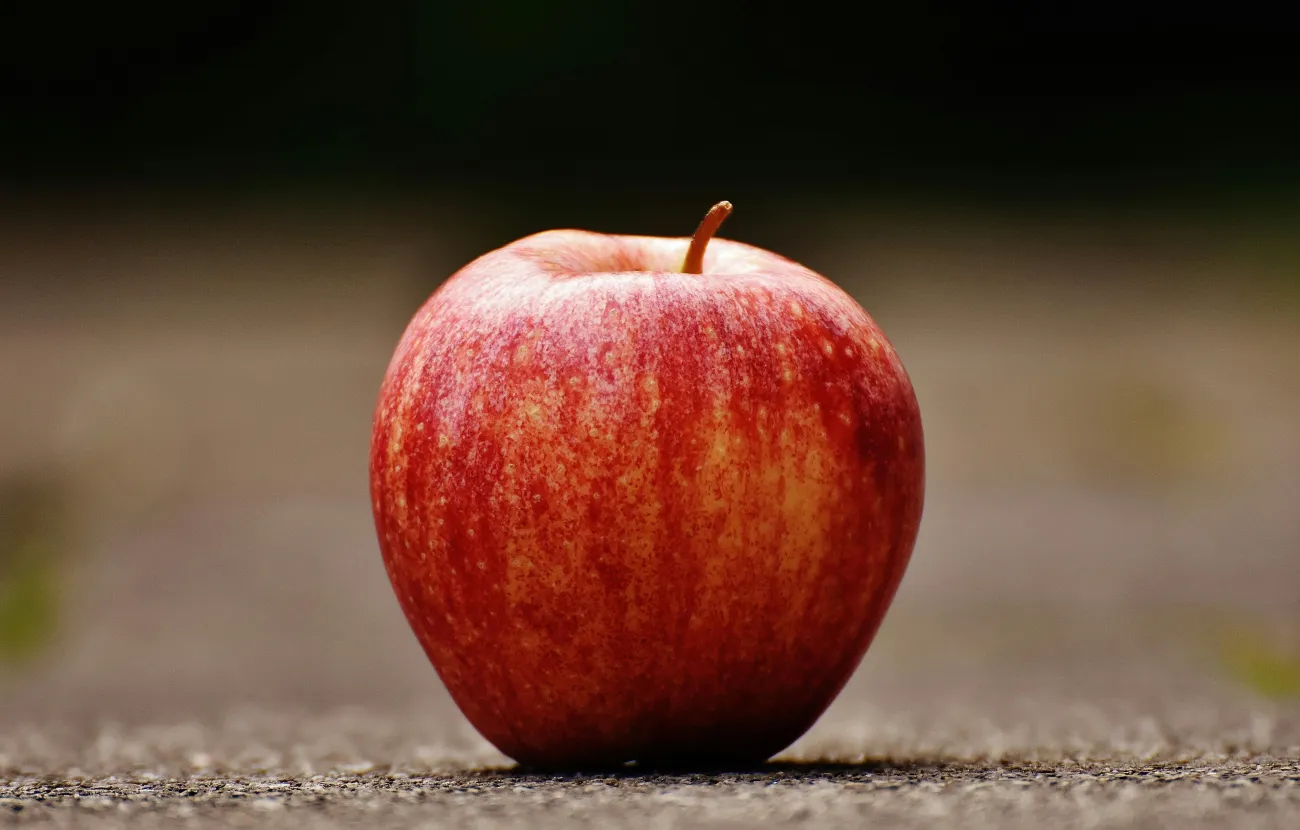This study from Monash University looks at the effects of introducing a tax on sugar-sweetened beverages across different income groups, comparing impacts on consumption, bodyweight and tax burden. They compare between introducing a flat rate 20% valoric tax and a 20 c/L volumetric tax and find that for low-income households the volumetric tax leads both to greater per capita weight loss and lower tax burden.

Abstract
This paper investigates the impact of sugar-sweetened beverages (SSB) taxes on consumption, bodyweight and tax burden for low-income, middle-income and high-income groups using an Almost Ideal Demand System and 2011 Household level scanner data. A significant contribution of our paper is that we compare two types of SSB taxes recently advocated by policy makers: A 20% flat rate sales (valoric) tax and a 20 cent/L volumetric tax. Censored demand is accounted for using a two-step procedure. We find that the volumetric tax would result in a greater per capita weight loss than the valoric tax (0.41 kg vs. 0.29 kg). The difference between the change in weight is substantial for the target group of heavy purchasers of SSBs in low-income households, with a weight reduction of up to 3.20 kg for the volumetric and 2.06 kg for the valoric tax. The average yearly per capita tax burden on low-income households is $17.87 (0.21% of income) compared with $15.17 for high-income households (0.07% of income) for the valoric tax, and $13.80 (0.15%) and $10.10 (0.04%) for the volumetric tax. Thus, the tax burden is lower, and weight reduction is higher under a volumetric tax.
Citation
Sharma, A., Hauck, K., Hollingsworth, B., Siciliani, L., 2014, The effects of taxing sugar-sweetened beverages across different income groups, Health Economics, DOI: 10.1002/hec.3070
Read the full paper here . You can find more information on sugar taxes on our website here and here and on food policy here.




Comments (0)